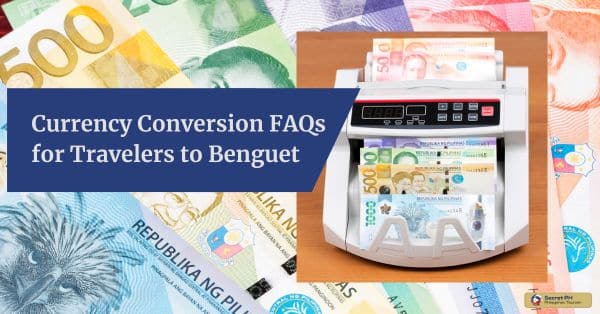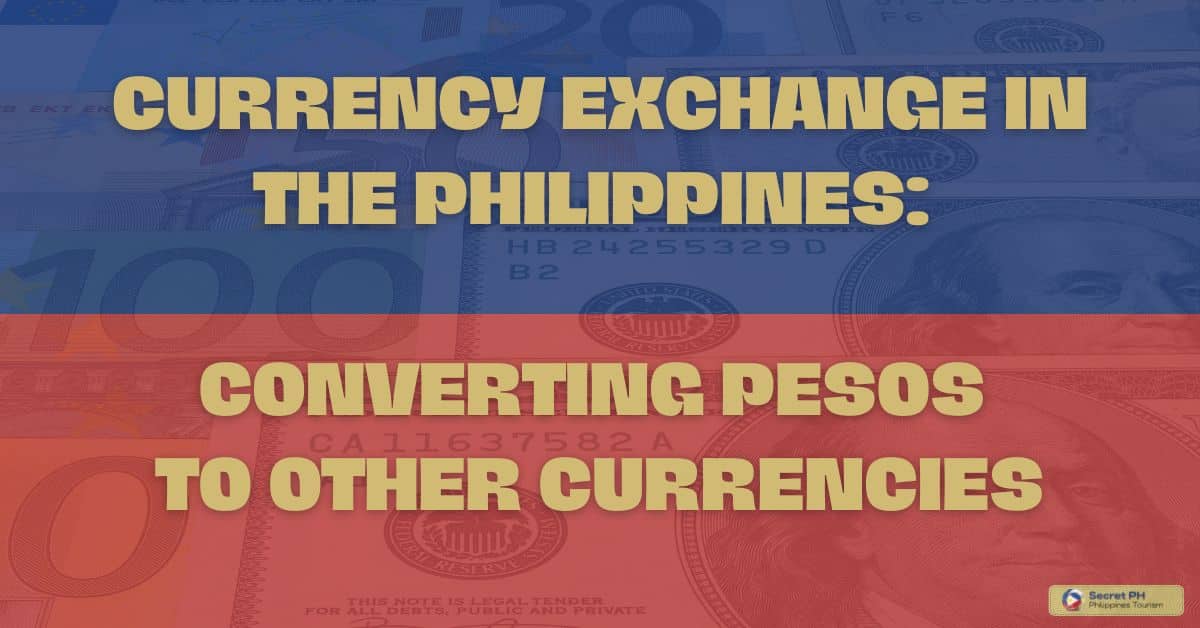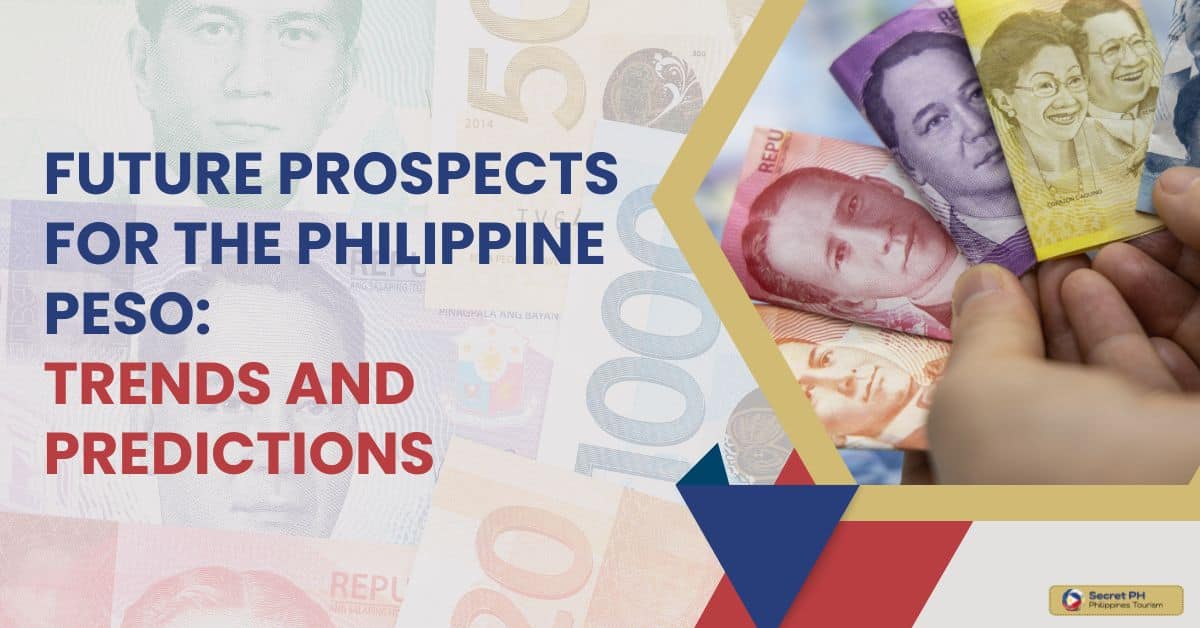A guide that provides a comprehensive overview of the currency conversion process in the Philippines. It covers important topics such as exchange rates, fees, and regulations, to help individuals make informed decisions when converting their currency.
Whether you’re a tourist, a resident, or a business traveler, this guide will give you a deeper understanding of the currency conversion process in the Philippines and help you navigate it with confidence.
Currency conversion is an important financial process that can help individuals and businesses manage their finances more effectively. Understanding currency conversion rates, fees, and other factors are essential to making informed decisions when dealing with global markets.
In this article, we will explain the ins and outs of currency conversion in the Philippines. Giving you a better understanding of how exchange rates work and how to make the most of them.
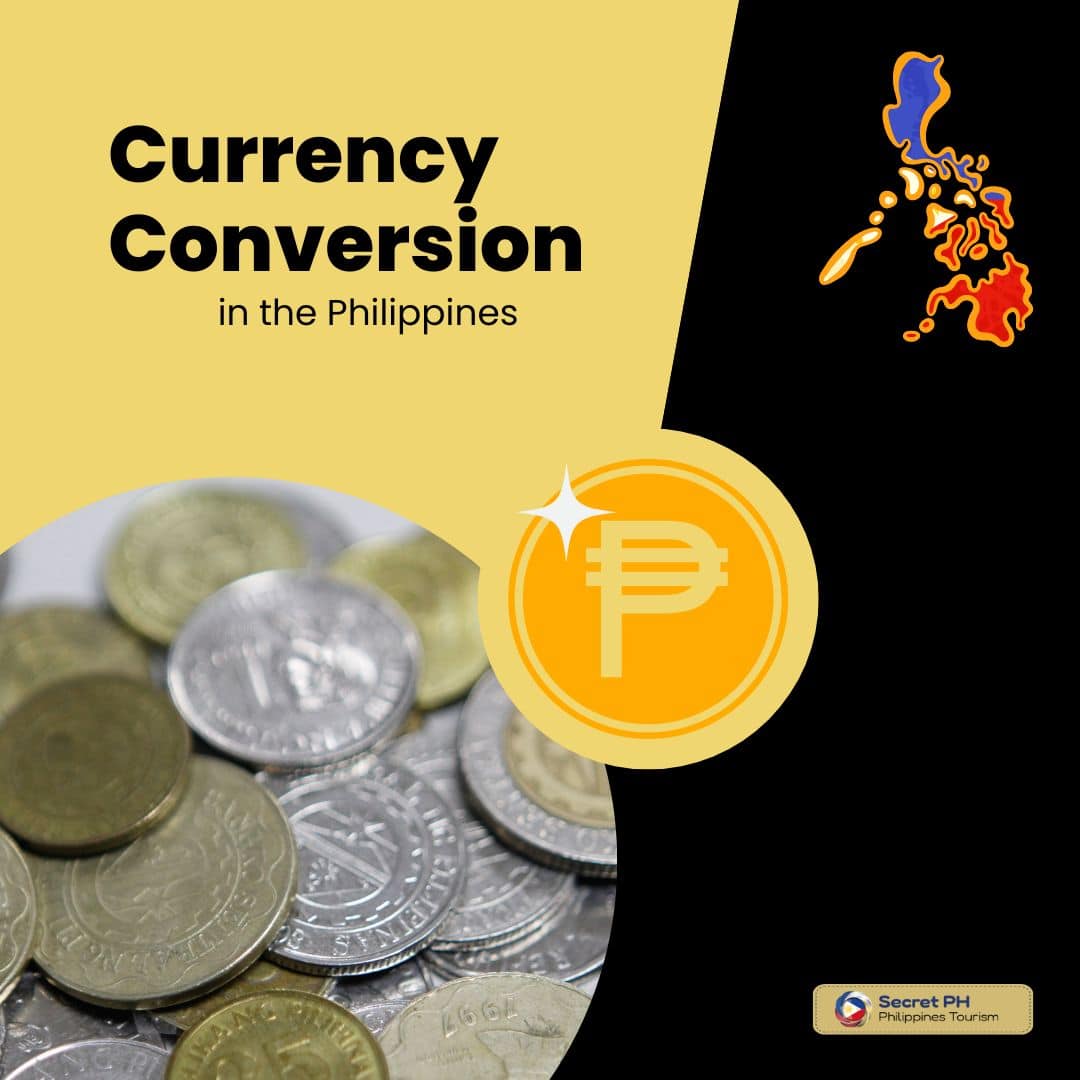
Overview of Currency Conversion in the Philippines
Currency conversion can be an important part of travel in the Philippines. So understanding the exchange rate and the available options is key. The Philippine Peso is the official currency of the country, but international credit cards and traveler checks are also widely accepted.
It’s important to check with your bank before departing for details about what cards will work for foreign transactions. Those visiting the country are also encouraged to convert their currency. Before arriving in order to avoid long waits and higher rates at airport kiosks or in-country banks.
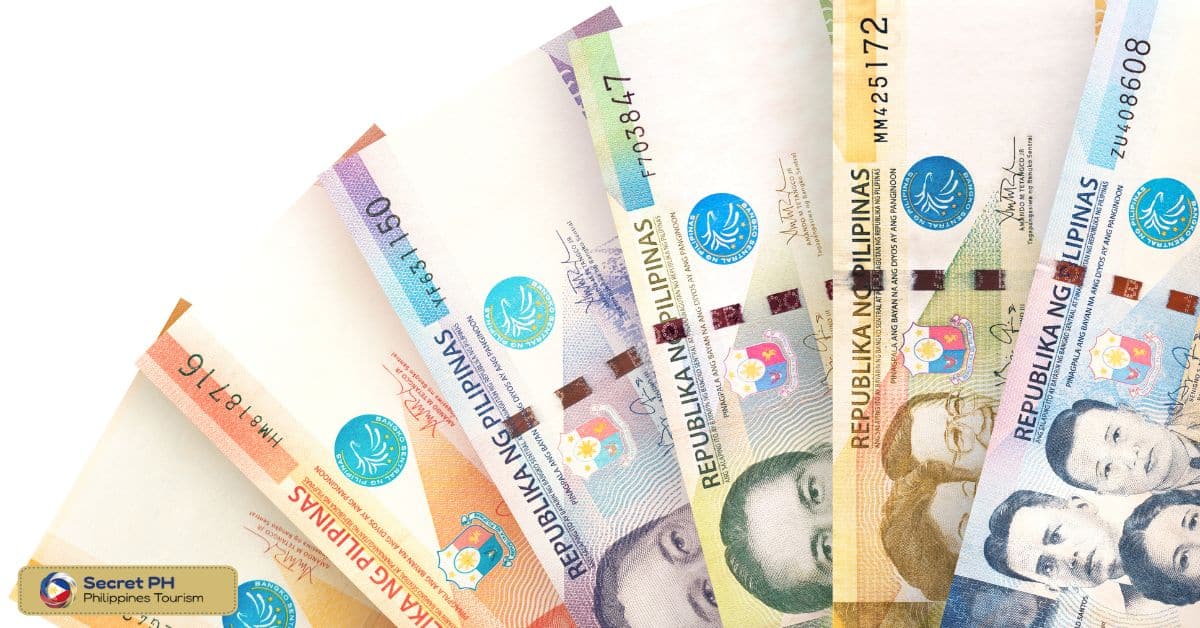
ATMs are available in most areas throughout the Philippines, but they may come with steep withdrawal fees. Cash is recommended for smaller transactions or purchases that cannot be done with a credit card while plastic is often preferred for larger purchases.
Being knowledgeable about these different methods of currency conversion may help save time and money during a trip–and make it more enjoyable as well!
Understanding Exchange Rates in the Philippines
Is critical for those wanting to participate in international purchasing, trading, or currency exchange. Exchange rates are determined by market forces and the central bank of the Philippines, known as BSP.
Can affect them through interventions such as setting reserve ratios, manipulating short-term interest rates, and controlling foreign exchange availability. Consumers must understand what influences exchange rates.
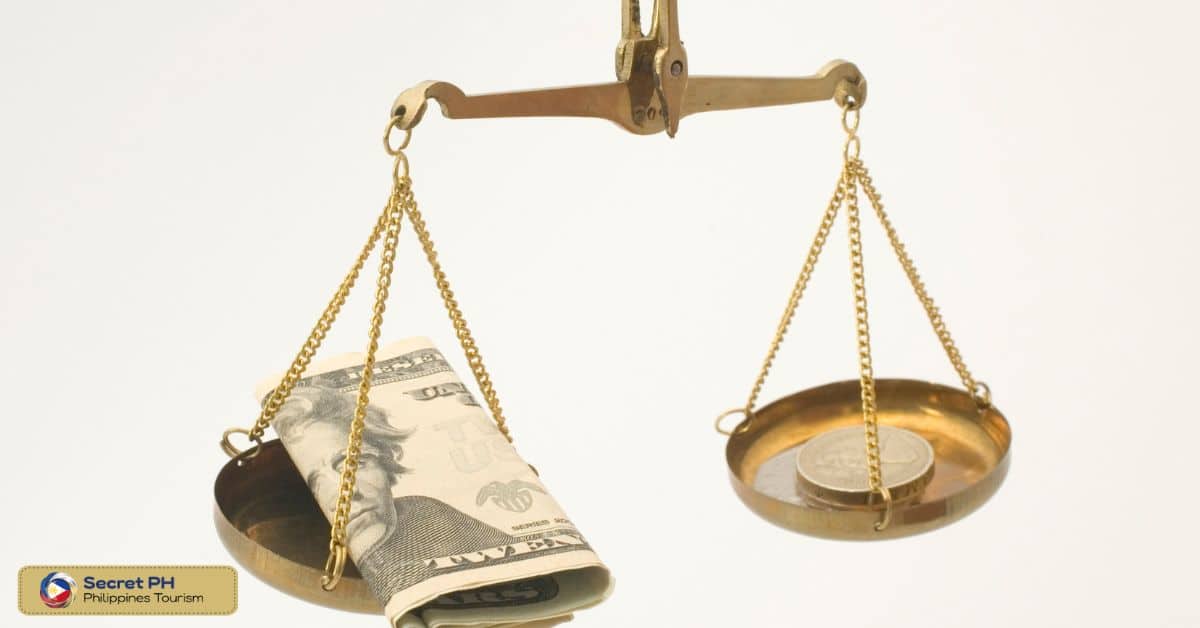
Including a country’s economic performance, economic policies, geopolitical events, and global liquidity. An understanding of these factors can help savvy traders make more informed decisions regarding international trading and financial investments.
Benefits of Understanding Currency Conversion Rates
Having a clear understanding of the exchange rate, individuals can make informed decisions. When exchanging their currency leads to better exchange rates and more favorable conversions.
Additionally, understanding the exchange rate can help individuals avoid overpaying for currency conversion services, resulting in significant savings.
| Benefit | Explanation |
| Better Exchange Rates | Understanding currency conversion rates allows individuals to make informed decisions when exchanging their currency. This can result in better exchange rates and more favorable conversions. |
| Avoid Overpaying | By understanding the exchange rate, individuals can avoid overpaying for currency conversion services. This can result in significant savings for both tourists and business travelers. |
| Minimize Currency Conversion Risk | Understanding currency conversion rates can also help minimize the risk of currency conversion. By allowing individuals to make informed decisions about when to exchange their currency. |
| Improved Budgeting and Financial Planning | Knowledge of currency conversion rates can also help individuals with budgeting and financial planning. By providing a better understanding of the costs associated with converting currency. |
| Increased Confidence | Understanding currency conversion rates can also increase individuals’ confidence when traveling or conducting business in foreign countries. As they will have a better understanding of the financial implications of converting their currency. |
Fees Associated with Currency Conversion
Refers to the charges or commissions that are levied on individuals or businesses when they exchange one currency for another. The fees associated with currency conversion can vary depending on the type of service provider and the amount of currency being converted.
One of the most common fees associated with currency conversion is a commission fee. Which is charged by banks and currency exchange services for converting currency. This fee is usually a percentage of the amount being converted, and it can range from a few cents to several dollars.

Another fee associated with currency conversion is the spread. Which is the difference between the buying and selling price of a currency. When exchanging currency, individuals may be quoted a rate. That is different from the actual market rate, and this difference is referred to as the spread.
In addition, some banks and exchange services may also charge a processing fee for converting currency. This fee may be a flat rate or a percentage of the amount being converted, and it is typically added to the commission fee.
It is important to be aware of the fees associated with currency conversion to make informed decisions and compare the fees of different providers. Some providers may offer lower fees but have a less favorable exchange rate, while others may have higher fees but a more favorable exchange rate.
Regulations Governing Currency Conversion in the Philippines
Refers to the laws and regulations that govern the process of converting one currency into another within the Philippines. These regulations aim to protect individuals and businesses from financial fraud and ensure a fair and transparent currency conversion process.
One of the main regulatory bodies overseeing currency conversion in the Philippines. Is the Bangko Sentral ng Pilipinas (BSP), which is the central bank of the Philippines. The BSP sets regulations and guidelines for currency conversion services in the country, including the maximum fees that can be charge for conversion services and the reporting requirements for currency conversion providers.
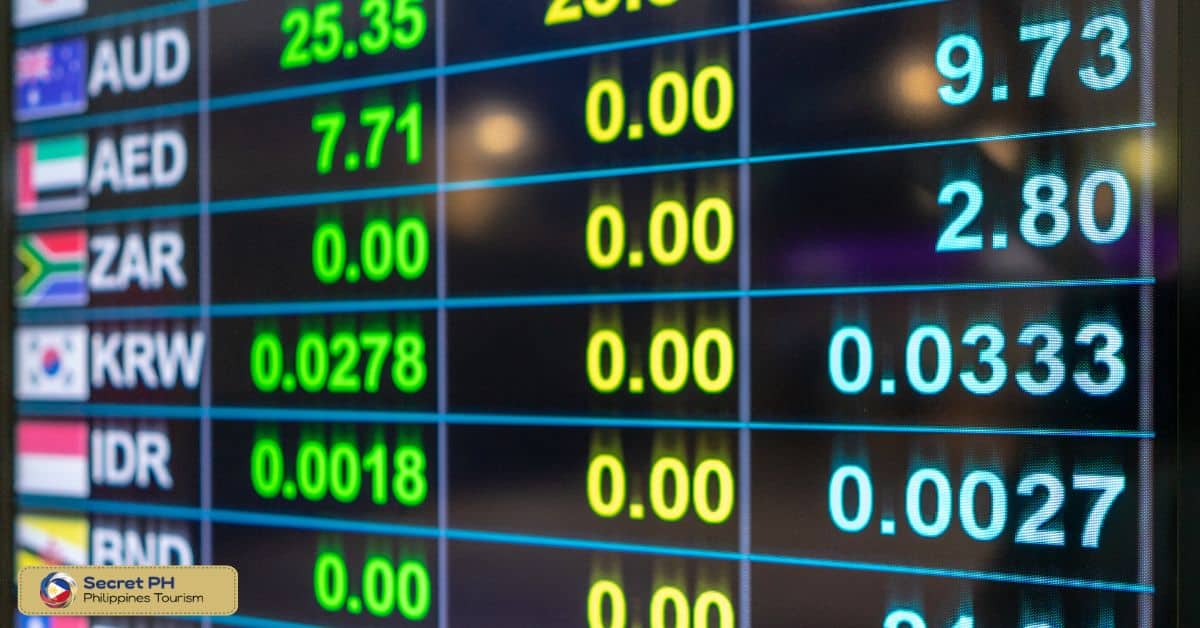
In addition to the BSP, there are also anti-money laundering laws and regulations in the Philippines that apply to currency conversion services. These laws are design to prevent money laundering and other financial crimes and require currency conversion providers to implement strict know-your-customer (KYC) and anti-money laundering (AML) procedures.
Individuals and businesses need to be aware of the regulations governing currency conversion in the Philippines to ensure a fair and transparent process. This includes being aware of the maximum fees that can be charge for conversion services, the reporting requirements for currency conversion providers, and the anti-money laundering regulations.
Comparing Currency Conversion Providers
Process of evaluating and comparing different service providers to determine which one offers the most favorable exchange rate and fees for converting currency.
When comparing currency conversion providers, it is important to consider several factors, including the exchange rate, fees, reliability, and customer service. Some providers may offer lower fees but have a less favorable exchange rate, while others may have higher fees but a more favorable exchange rate.
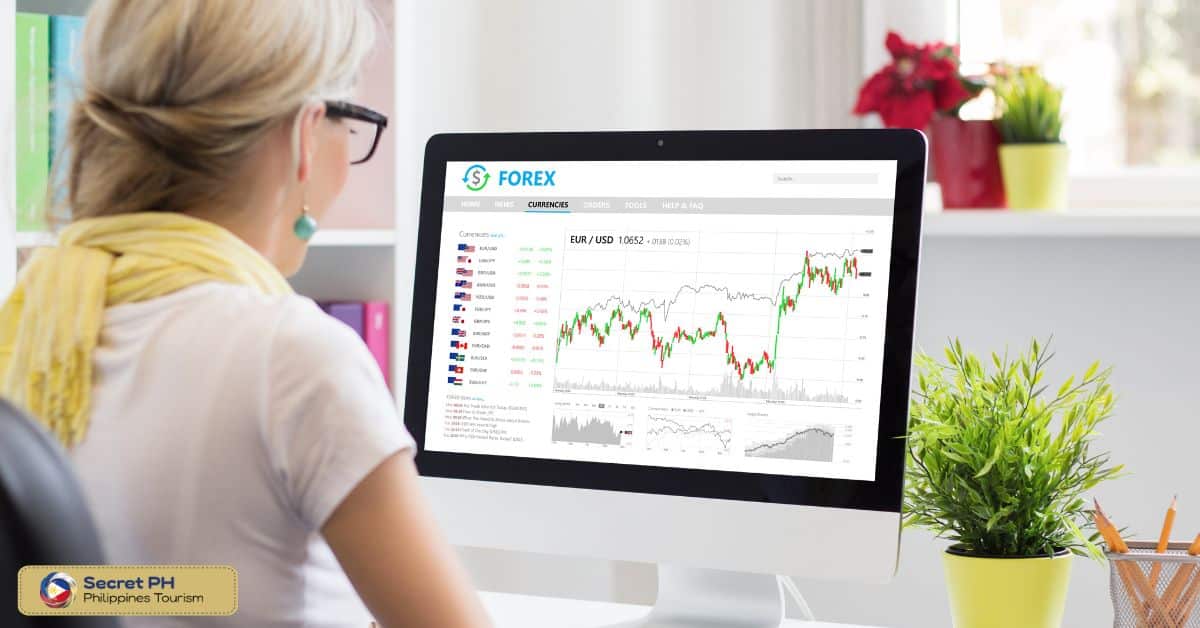
It is also important to consider the reliability and reputation of the provider, as well as the type of customer service they offer. This may include access to customer support, the ability to track currency exchange transactions, and the security of the provider’s platform and processes.
When comparing currency conversion providers, it is also important to consider the methods they offer for converting currency, including online platforms, physical branches, and mobile apps.
Each method may have different fees, exchange rates, and customer service options, and it is important to choose a provider that offers the most convenient and cost-effective option for your specific needs.
Best Practices for Maximizing Currency Conversion in the Philippines
Is the strategies and techniques individuals and businesses can use to get the most favorable exchange rate and minimize fees when converting currency in the Philippines.
Here are some best practices for maximizing currency conversion in the Philippines:
- Compare currency conversion providers: Before converting currency, compare different providers to determine which one offers the most favorable exchange rate and fees.
- Timing is key: Consider timing your currency conversion to coincide with market conditions that may favor your desired currency exchange rate.
- Consider multiple providers: Consider using a combination of online platforms, physical branches, and mobile apps to convert the currency to take advantage of the best exchange rates and fees offered by each provider.
- Be aware of fees: Be aware of the fees associates with currency conversion, including transaction fees, conversion fees, and exchange rate markups.
- Use secure platforms: When converting currency online, be sure to use a secure platform that uses encryption technology to protect your financial information.
- Keep track of transactions: Keep a record of your currency conversion transactions, including the date, amount, exchange rate, and fees charged.
- Know the regulations: Be aware of the regulations governing currency conversion in the Philippines, including the maximum fees that can be charge for conversion services and the anti-money laundering regulations.
Overall, maximizing currency conversion in the Philippines involves a combination of smart strategies and techniques, including comparing currency conversion providers, timing your conversion to take advantage of market conditions, using multiple providers, being aware of fees, using secure platforms, keeping track of transactions, and knowing the regulations.
By following these best practices, individuals and businesses can get the most favorable exchange rate and minimize fees when converting currency to the Philippines.
In conclusion
Currency conversion in the Philippines can be an important part of travel or international trading and investments. Understanding exchange rates and the fees associated with currency conversion is essential.
Especially for savvy travelers or traders looking to get the most favorable exchange rate and minimize fees when converting their currency. By comparing providers, timing currency conversions to take advantage of market conditions.
Using multiple providers, and being aware of applicable regulations, individuals and businesses can maximize currency conversion in the Philippines. With a bit of research and planning, travelers and traders alike can take advantage of the many opportunities that currency conversion offers in the Philippines.

